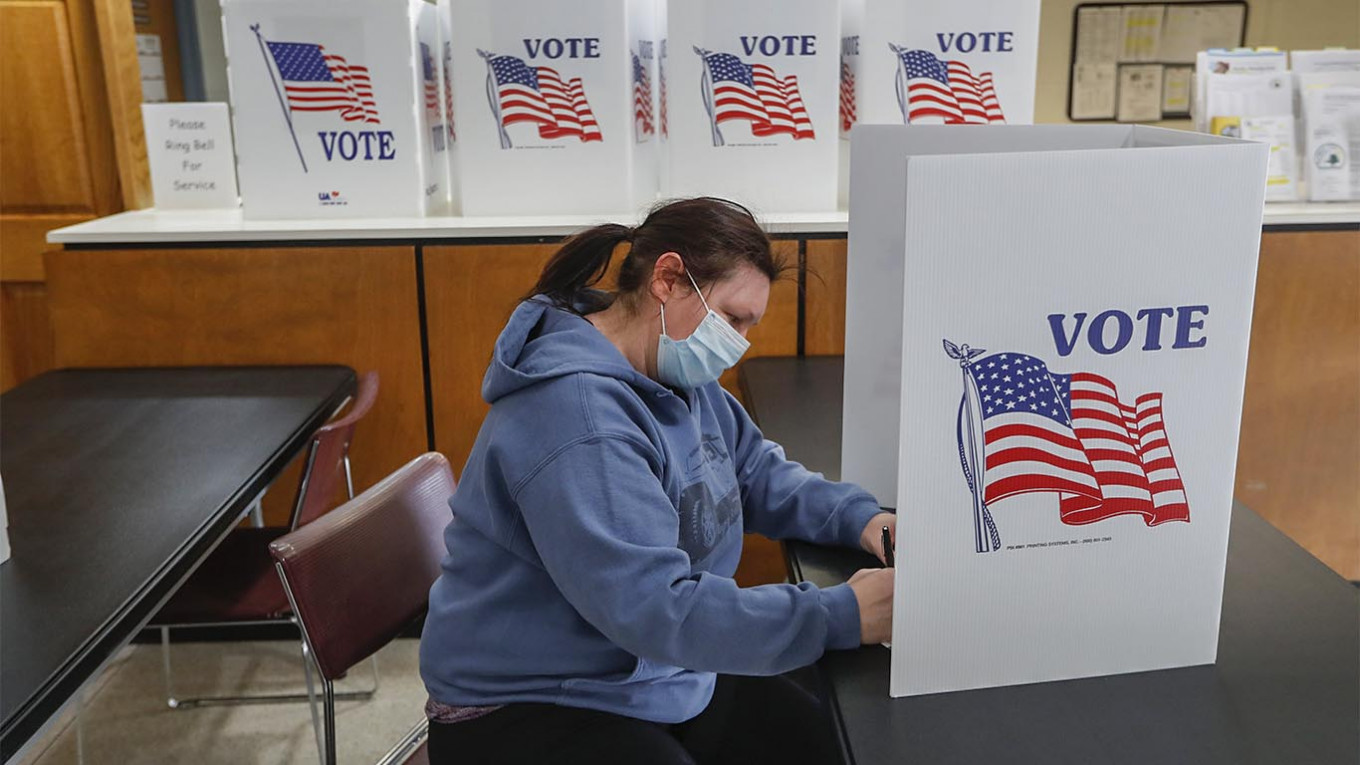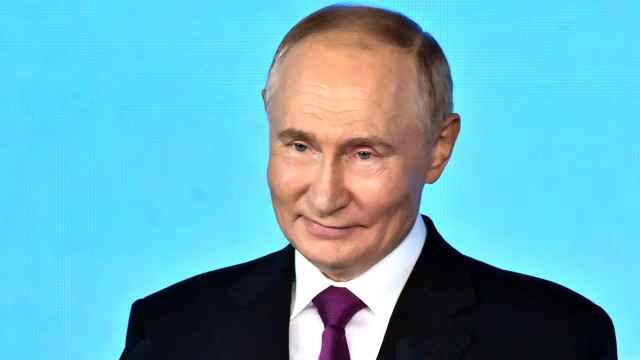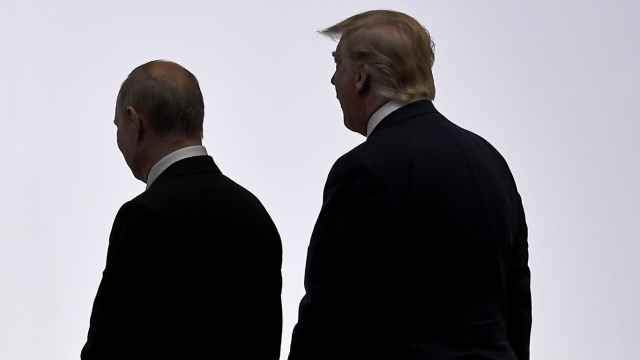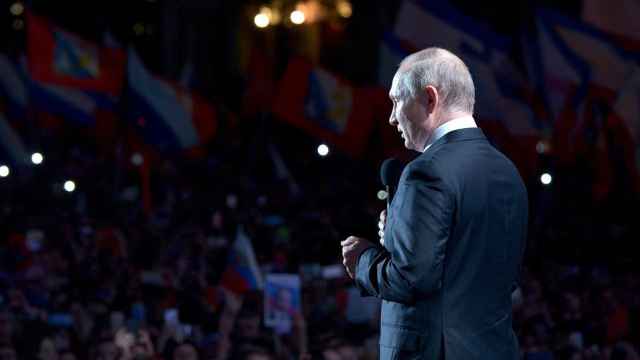A database of several million American voters’ personal information has appeared on the Russian dark web two months ahead of presidential elections clouded by claims of Russian meddling, Russia’s Kommersant business newspaper reported Tuesday.
A user nicknamed Gorka9 advertised free access to the personal information of 7.6 million voters in Michigan in an unnamed discussion forum, according to Kommersant. The paper said it has also found databases of between 2 million and 6 million voters in Connecticut, Arkansas, Florida and North Carolina.
Infowatch, a software company that provides data security services, confirmed the authenticity of the database to Kommersant. Infowatch said the data leaked online sometime late in 2019.
The information reportedly includes names, dates of birth, gender, dates of voter registration, addresses, zip codes, e-mails, voter registration numbers and polling station numbers. Kommersant reported that Gorka9 said the data was valid as of March 2020.
Some forum users have been able to monetize the data through the U.S. State Department’s recently launched $10 million reward program aimed at preventing foreign interference in the Nov. 3 election. One user, according to Kommersant, claimed to have been paid $4,000 for tipping off the State Department about a leaked Connecticut voter database.
Experts interviewed by Kommersant said U.S. voter database leaks are commonplace due to weak security systems. One expert speculated that the hackers had extracted so-called “commercial benefits” from the latest database before leaking it online.
Another unnamed dark web purveyor told Kommersant that a well-known hacking technique called SQL injection, where an attacker gains access to data by inserting malicious code to a login page, is used to gain access to voter databases.
U.S. intelligence agencies concluded that Russia interfered in the 2016 election to support President Donald Trump, mainly through social media manipulation. The agencies did not find that his campaign colluded with Moscow.
Russia has denied allegations of election meddling and Trump has derided the claims as a “Russia hoax.”
A Message from The Moscow Times:
Dear readers,
We are facing unprecedented challenges. Russia's Prosecutor General's Office has designated The Moscow Times as an "undesirable" organization, criminalizing our work and putting our staff at risk of prosecution. This follows our earlier unjust labeling as a "foreign agent."
These actions are direct attempts to silence independent journalism in Russia. The authorities claim our work "discredits the decisions of the Russian leadership." We see things differently: we strive to provide accurate, unbiased reporting on Russia.
We, the journalists of The Moscow Times, refuse to be silenced. But to continue our work, we need your help.
Your support, no matter how small, makes a world of difference. If you can, please support us monthly starting from just $2. It's quick to set up, and every contribution makes a significant impact.
By supporting The Moscow Times, you're defending open, independent journalism in the face of repression. Thank you for standing with us.
Remind me later.






